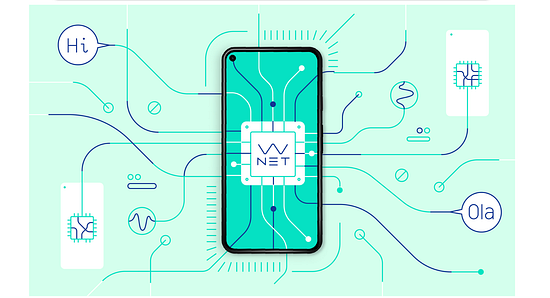Home / Training Models / WaveNet
AI training-models
WaveNet
Paid
AI Coding Tools
Speech synthesis with lifelike, AI-generated voices
WaveNet screenShots

Overview of WaveNet
FAQs Of WaveNet
WaveNet, introduced by Google DeepMind in 2016, is a deep learning technology renowned for its ability to generate remarkably natural-sounding speech. It utilizes a complex neural network architecture to predict audio samples, resulting in highly realistic and human-like voice outputs.
While not directly accessible to the general public, WaveNet's applications reach various users through its integration into existing services and tools. Here are some beneficiaries:
WaveNet operates through a deep neural network specifically designed for audio generation. This network is trained on massive amounts of speech data, allowing it to learn the intricate patterns and nuances of human speech. Based on the input text, the network predicts audio samples sequentially, effectively building the speech waveform one step at a time.
WaveNet itself is a technology and not inherently unsafe. However, its integration and usage within different applications raise considerations:
Here are several benefits of using WaveNet, including:
WaveNet does not provide a free trial or plan directly to users. It is licensed by Google DeepMind, and its pricing structure is not publicly disclosed. However, utilizing WaveNet voices is estimated to cost approximately $16 per million characters. As a proprietary technology, access and pricing are managed through licensing agreements rather than public offerings.
Here are some limitations of WaveNet:
Several other companies and research institutions are actively developing speech synthesis technologies, each with its strengths and weaknesses. Here are a few examples: